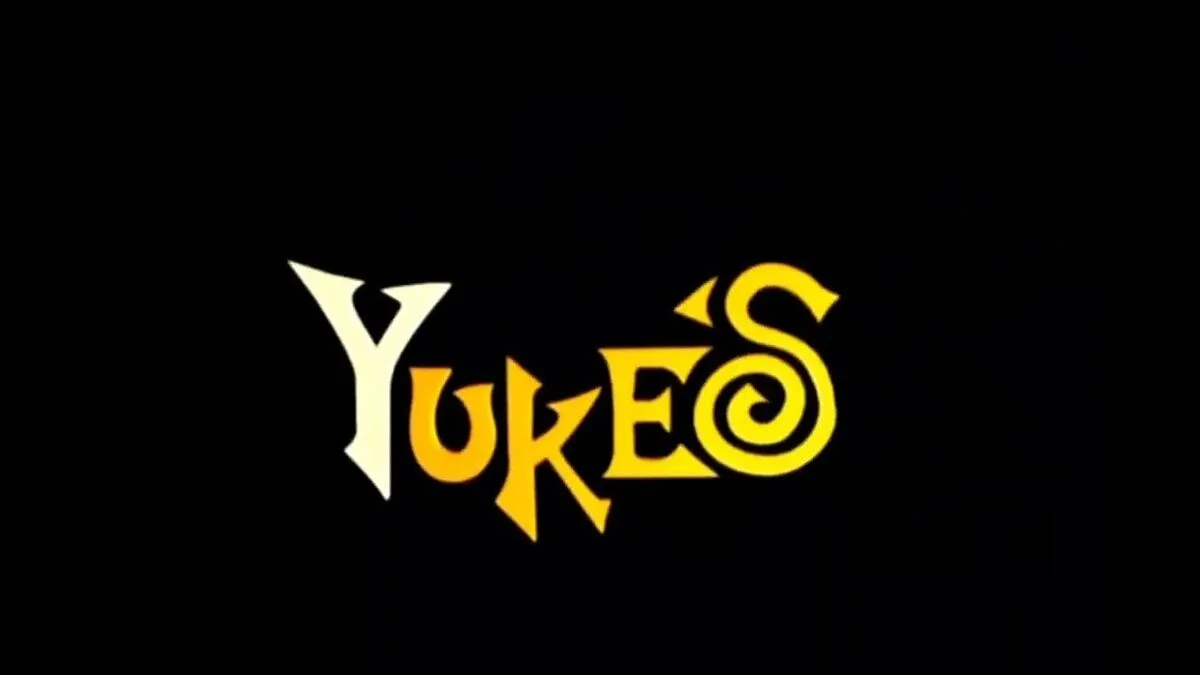In the latest financial report for Q2 FY2025, Yuke’s Co., Ltd. revealed a compelling snapshot of its current trajectory. While the numbers reflect a modest dip in revenue compared to the previous quarter, the company’s strategic positioning and historical resilience suggest a developer still deeply embedded in the DNA of Japanese gaming culture.
🏢 Q2 FY2025 Highlights
- Net Sales: ¥1.1 billion, down 9.6% from Q1
- Operating Profit: ¥161 million, a 22.6% decrease
- Ordinary Profit: ¥172 million, down 20.7%
- Net Income: ¥116 million, a 23.2% drop
Despite the downturn, Yuke’s maintains a strong equity ratio of 89.5%, signaling financial stability. The company attributes the dip to seasonal fluctuations and project timing, with expectations of stronger performance in the latter half of the fiscal year.
But to understand Yuke’s present, we need to rewind the tape.
Founded in 1993 by Yukinori Taniguchi, Yuke’s was named after Taniguchi’s high school nickname—a humble origin for a studio that would go on to define an entire genre of sports entertainment gaming.
Yuke’s first titles were the quirky platformer Hermie Hopperhead and the groundbreaking Toukon Retsuden, a pro wrestling game that became a best-seller in Japan. The latter laid the foundation for Yuke’s future dominance in wrestling games.
WWE Era: Global Recognition
In 2000, Yuke’s began developing wrestling games for THQ and Jakks Pacific, starting with WWF SmackDown!. These titles became synonymous with console wrestling, evolving into the WWE SmackDown vs. Raw series and later WWE 2K.
From 2005 to 2012, Yuke’s even owned a majority stake in New Japan Pro-Wrestling, underscoring its deep ties to the sport.
Creative Frustration and AEW Revival
By 2019, tensions with publisher 2K Sports led Yuke’s to step away from WWE development. The studio voiced frustration over creative limitations and formed a new team to develop a rival wrestling IP.
That vision materialized in AEW Fight Forever, announced in 2020 and led by Hideyuki “Geta” Iwashita, famed for WWF No Mercy and Def Jam Vendetta. The game marked a return to form for Yuke’s—fast-paced, arcade-style wrestling with a nostalgic twist.
With this an returning to the present, Yuke’s current strategy emphasizes:
- IP diversification beyond wrestling
- Mobile and online systems via its subsidiary Fine Co., Ltd.
- Music and multimedia ventures, including Yuke’s Music Co., Ltd.
While Q2 FY2025 shows a dip, the company’s long-term vision remains intact. With a legacy of innovation and a loyal fanbase, Yuke’s continues to evolve—balancing nostalgia with modern demands.
Yuke’s isn’t just a developer—it’s a cultural touchstone for fans of wrestling games and Japanese gaming history. Its financials may fluctuate, but its impact is undeniable. Whether through pixelated piledrivers or strategic pivots, Yuke’s proves that legacy and adaptability can coexist.
